CORPOGUAJIRA PARTICIPATES IN VIRTUAL DESIGN TOOL THAT IMPLEMENT FAO IN THE COLOMBIAN AGRICULTURAL SECTOR
By. Maria Angelica Egurrola H.
Organization of the United Nations Food and Agriculture,-FAO-, aimed at eradicating world hunger, devises strategies with the Colombian government to reach vulnerable communities in the agricultural sector and take measures for protection against an emergency situation generated by climate change.
Corpoguajira participated, -thanks a national-call in designing a virtual self-study course called agroclimatic risk management for the agricultural sector under the Colombian context. These protective measures contemplates the law 1523 of 2012 The self-study course will be distributed among technicians and professionals in the agricultural sector, in November.
The aim is to strengthen the institutional capacity and increase the resilience of small and medium producers peasants in their lifestyles against climate change. The expected impact is to improve food and nutrition security of Colombians, and reducing poverty and inequality in rural population, in support of the peace process.

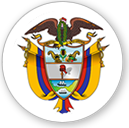

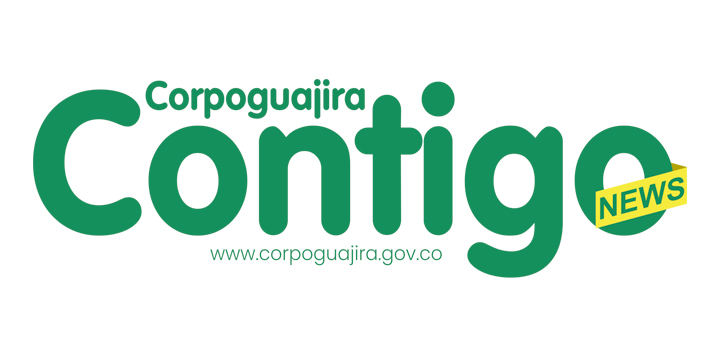



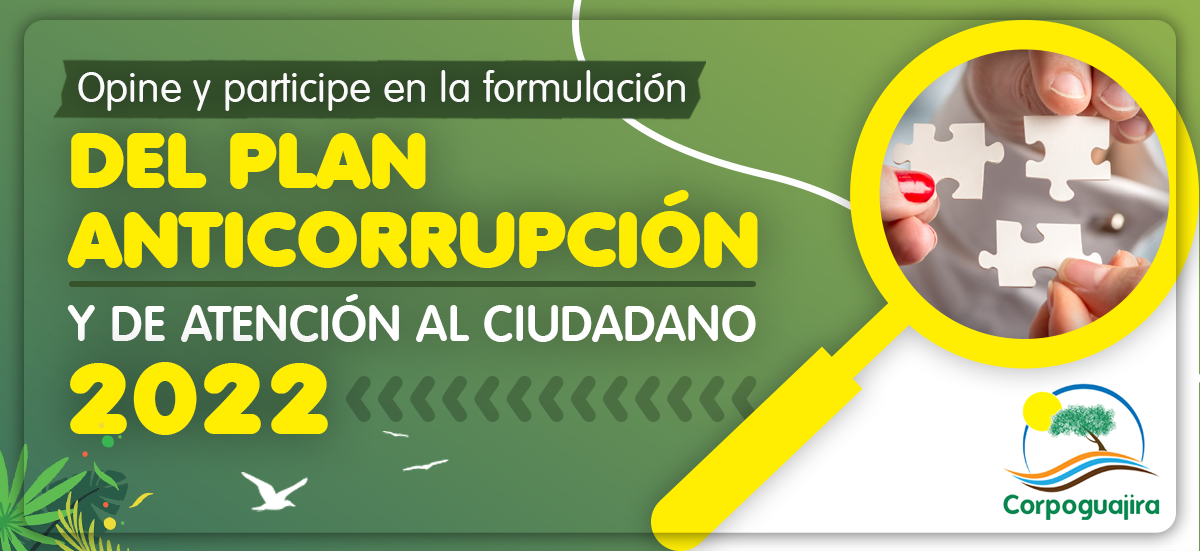
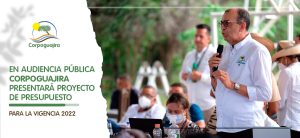







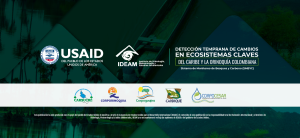










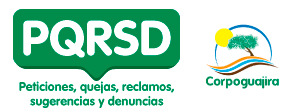
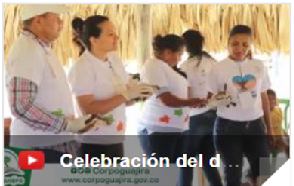


Leave a reply
I am sorry, you should be connected to post a comment.